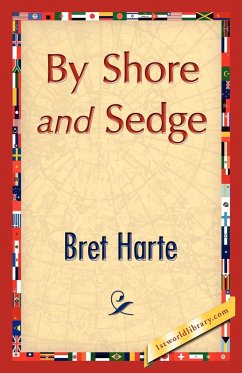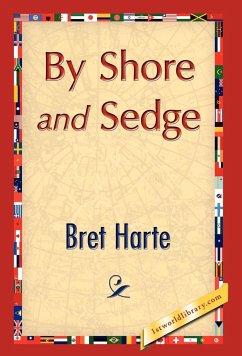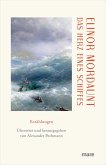On October 10, 1856, about four hundred people were camped in Tasajara Valley, California. It could not have been for the prospect, since a more barren, dreary, mono-tonous, and uninviting landscape never stretched before human eye; it could not have been for convenience or contiguity, as the nearest settlement was thirty miles away; it could not have been for health or salubrity, as the breath of the ague-haunted tules in the outlying Stockton marshes swept through the valley; it could not have been for space or comfort, for, encamped on an unlimited plain, men and women were huddled together as closely as in an urban tenement-house, without the freedom or decency of rural isolation; it could not have been for pleasant companionship, as dejection, mental anxiety, tears, and lamentation were the dominant expression; it was not a hurried flight from present or impending calamity, for the camp had been deliberately planned, and for a week pioneer wagons had been slowly arriving; it was not an irrevocable exodus, for some had already returned to their homes that others might take their places. It was simply a religious revival of one or two denominational sects, known as a "camp-meeting."
Hinweis: Dieser Artikel kann nur an eine deutsche Lieferadresse ausgeliefert werden.
Hinweis: Dieser Artikel kann nur an eine deutsche Lieferadresse ausgeliefert werden.









